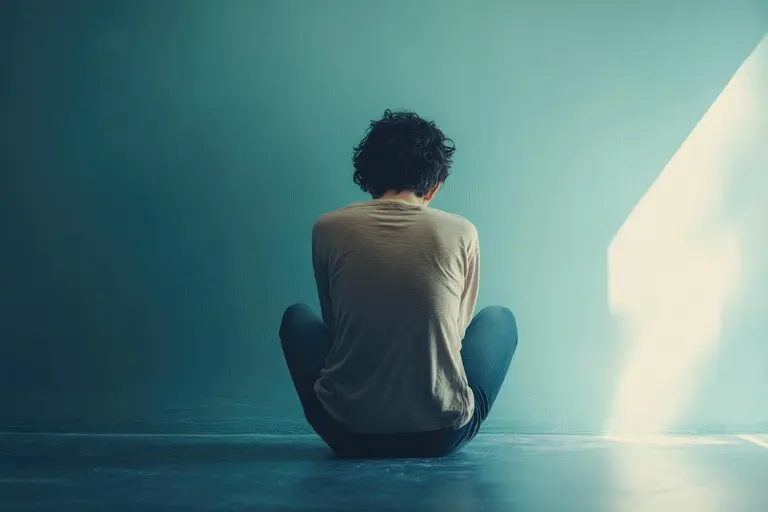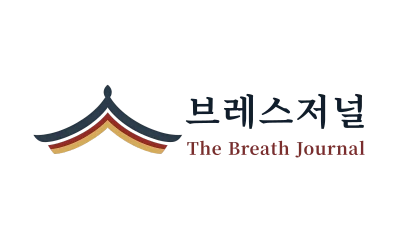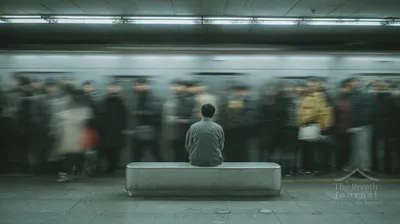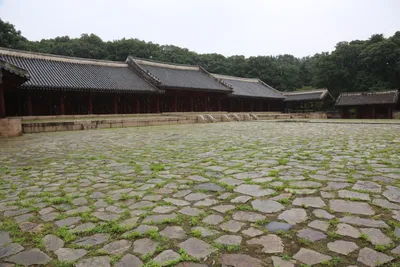
The pandemic was a massive shock that tested both the human spirit and community. Anxiety, isolation, and economic instability shook the daily lives of countless people, but over time, psychological well-being indicators showed a recovery curve. A study published in 'Nature Aging' reported that life satisfaction and happiness gradually recovered after the pandemic, and in some areas, even more positive indicators were observed compared to before the pandemic. Additionally, research published in 'PLOS ONE' comparing periods before, during, and after the pandemic among Korean adults showed a decrease in depression and anxiety, with some improvement in health behaviors. This can be seen as empirical evidence of the resilience that humans instinctively possess.
However, it is uncertain how long this recovery will last. South Korean society is rapidly transforming into a one-person household society. According to Statistics Korea, as of 2024, the number of one-person households in the country is about 10 million, accounting for more than 40% of all households. Just 20 years ago, the proportion of one-person households was just over 15%, but it has now become the most common household type. This trend is particularly pronounced among young people in their 20s and 30s and the elderly over 60. Research indicates that for young people, residential and job mobility are the main causes, while for the elderly, loss of a spouse and isolation are the primary factors.
The problem is that as social support networks weaken, recovery can easily fade. Even if one finds meaning in life after the pandemic, if the structure of living alone deepens, isolation and loneliness can grow again. Various studies both domestically and internationally show that adults living alone have higher rates of depression and anxiety, and that social isolation can lead to deteriorating mental health. Recovery starts from an individual's inner strength, but maintaining and expanding it relies on social connections and institutional mechanisms.
In Korean dramas, extended families still appear, and familial love is a major narrative theme. However, the actual direction of South Korean society is changing rapidly. Amid the gap between cultural narratives and reality, people can sometimes feel a greater sense of isolation. If the lesson left by the pandemic was the hope that "humans can rise again after falling," our task now is to establish a social foundation that supports that hope.
Recovery after the pandemic has proven the strength and courage of humanity. However, if future society flows into deeper isolation, that recovery may not last long. Resilience lies within humans, but the conditions for sustaining it must be created together. The direction chosen by society will ultimately determine individual resilience.
References
- “Recovery of psychological wellbeing following the COVID-19 pandemic” (Nature Aging, 2025)
- “Health behavior and mental health by gender in Korean adults before, during, and after the COVID-19 pandemic” (PLOS ONE, 2025)
- Statistics Korea, 「Household and Population Trends」 (Latest Year Data)

![[Scenario] 2026 Global Wildfire Calendar: The Unending Cycle of Flames](https://cdn.breathjournal.com/w400/q80/article-images/2025-10-01/83cbd0d7-c7c9-4101-b4f6-e39cff028d87.png)

![[Focused Planning] 2026 Global Wildfire Calendar, Facing a Charred Future](https://cdn.breathjournal.com/w400/q80/article-images/2025-10-01/5be639f5-d684-4605-acb1-e0127c554e7c.png)

댓글 (0)
댓글 작성
댓글을 작성하려면 로그인이 필요합니다.
로그인하기